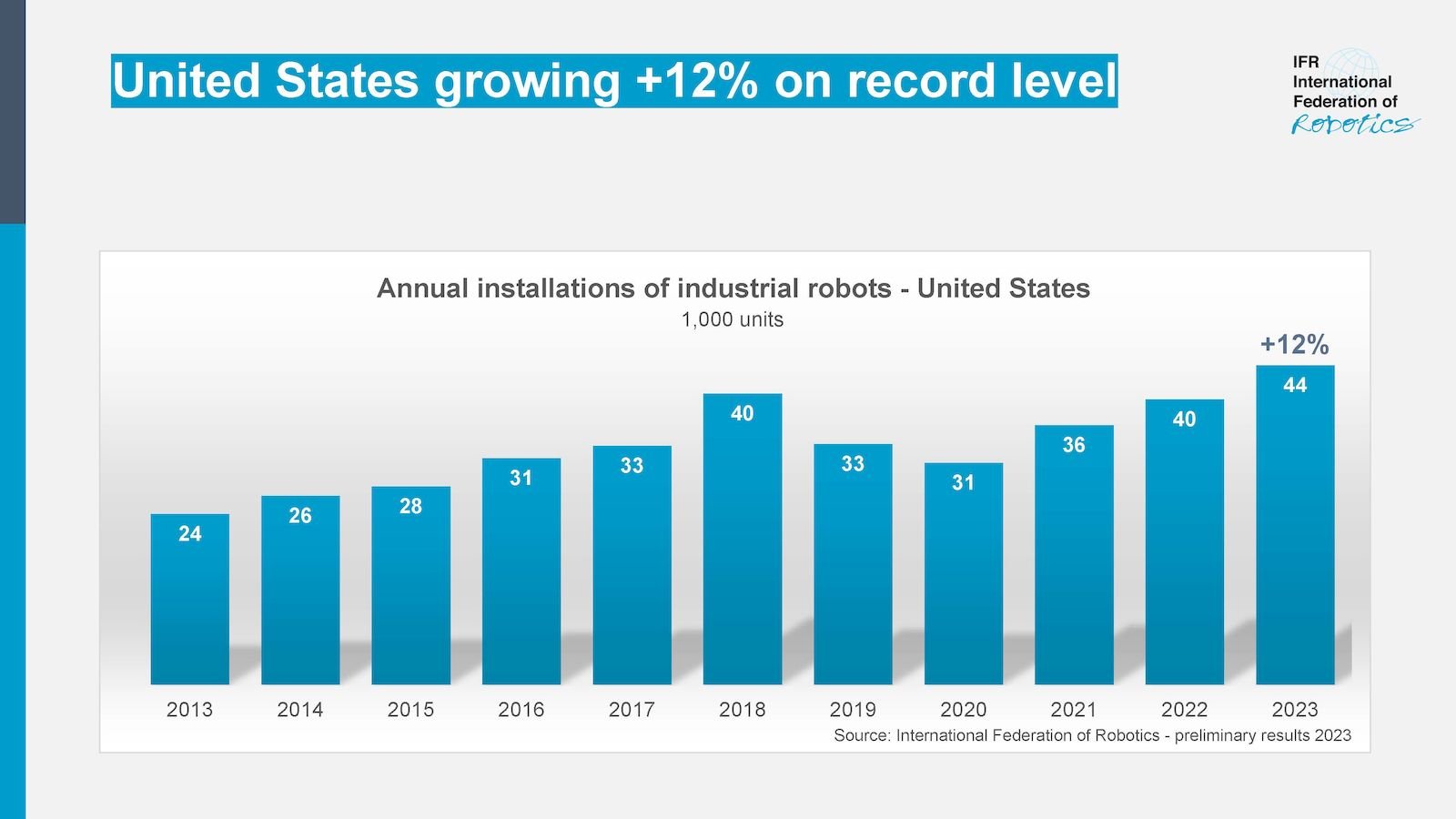
Promethean Particles, a pioneering company from the UK in the field of metal-organic frameworks (MOFs) and nanomaterials, has reached a significant milestone in the industrial synthesis of MOFs through its groundbreaking flow reactor technology. This advancement allows the firm to produce MOFs at a tonne scale, improving reliability and consistency while also lowering production expenses.
Traditionally, the industrial production of MOFs faced limitations due to difficulties in scalable manufacturing methods, often resulting in elevated costs. Nevertheless, as Owen Cartmell, operations manager at Promethean, points out, the industry is transforming with the emergence of scalable and economical manufacturing pathways. This transition is driving supply chain advancements and broadening the investigation of commercial applications.
Promethean’s technique utilizes a solvothermal flow reactor, a vital innovation that enhances reaction kinetics, achieving significantly reduced reaction times in contrast to conventional batch processes. The flow reactor guarantees uniform and effective heating, permitting economies of scale and markedly diminishing the cost per unit as production volumes rise.
The capacity to generate 100kg of MOF in less than an hour places Promethean ahead of traditional batch processing methods, underscoring their sophisticated process engineering. David Fairén Jiménez, a MOF specialist from the University of Cambridge and originator of MOF manufacturer Immaterial, acknowledges that while large-scale synthesis is not unprecedented, it represents a notable achievement for Promethean. He highlights the significance of process reliability and cost-effectiveness in scaling production.
Jiménez evaluates the advantages of both flow and batch synthesis techniques. Flow is recognized for its efficiency in high-volume and standardized production, while batch provides adaptability and control. Despite Promethean’s accomplishments with flow reactors, Fairén Jiménez notes that factors such as the choice of starting materials and supplementary processing costs, like shaping the MOFs for practical use, can markedly influence the overall expenses.
Cartmell emphasizes Promethean’s proficiency in continuous flow processes, overcoming common obstacles like crystallizing solids in flow reactors. He stresses the significance of process variables such as dewatering and drying in shaping the MOF’s properties and performance.
A client located in mainland Europe has procured Promethean’s MOF for a high-volume application in energy-efficient gas storage, which aligns with Promethean’s mission to promote decarbonization and the energy transition. This achievement in tonne-scale manufacturing represents a notable progression, showcasing the potential of MOFs in industrial settings and contributing to sustainable solutions.